
Dr Roger Pierson, director of the Reproductive Biology Research Unit at the University of Saskatchewan, voiced his worries: "We re still worrying about, 'Do we disclose the identity of sperm donors?' We haven t caught up with the old yet, let alone have the foresight to go into this coming world with the depth that we need to."
Pierson was discussing new techniques that allow three-day old embryos created with IVF to be tested for chromosomal abnormalities. This is particularly relevant in Canada at the moment, as Quebec started covering IVF treatment under their health insurance program. Up to three cycles of IVF treatment are covered, but this only goes for single embryo IVF. This has led people to want more information about the embryo that they do implant, and now the inventor of the first pre-implantation test that screens for Down Syndrome and other chromosomal abnormalities Dr Santiago Munne is thinking about opening clinics in Toronto and Montreal.
Now, Pierson has said that Canada is in desperate need of a think tank about issues just like these. Munne said: "If you have the rule that you can only have one embryo transferred then PGD becomes more necessary because you really need to know which to transfer." While some are still talking about the identity of sperm donors, the "designer baby age" seems to have arrived... quietly but surely. The real question is whether these kinds of tests should be legal, or whether restrictions should be placed on the tests that can be carried out on embryos.



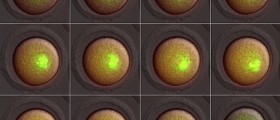


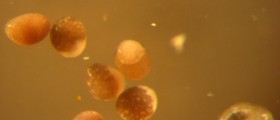
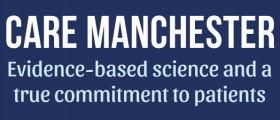
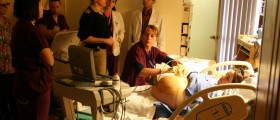



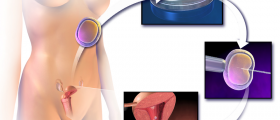



Your thoughts on this
Loading...